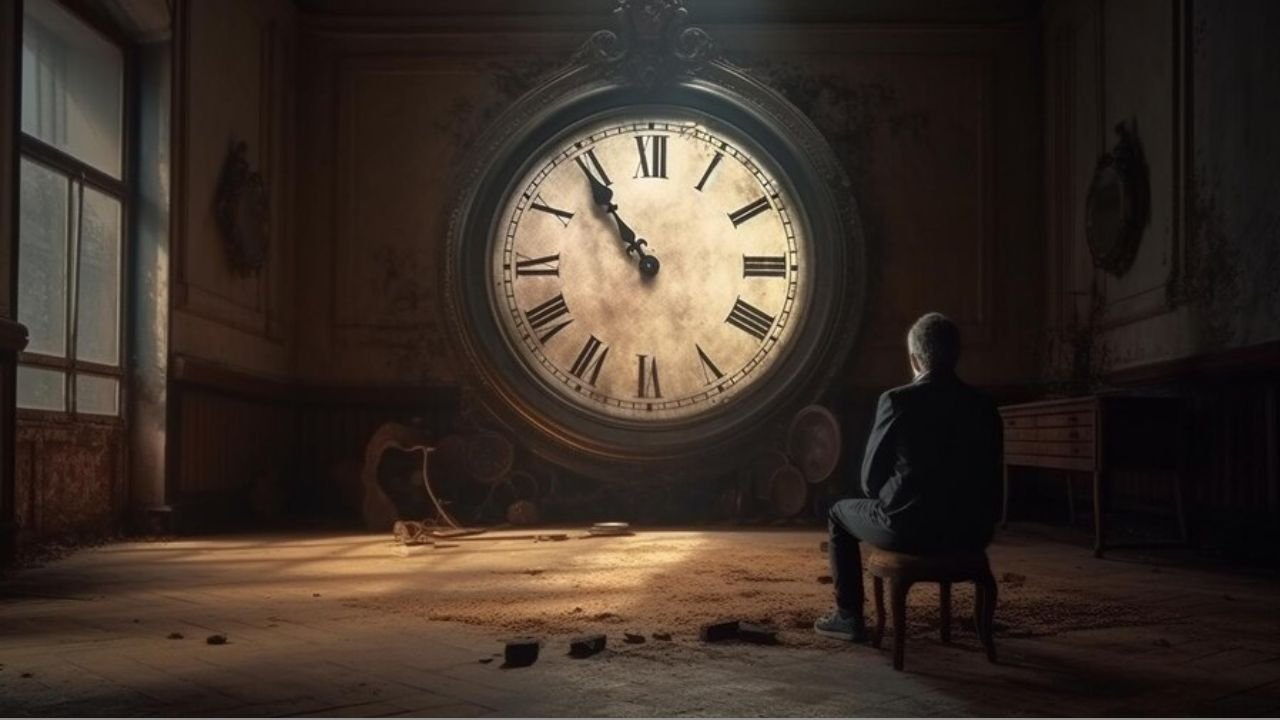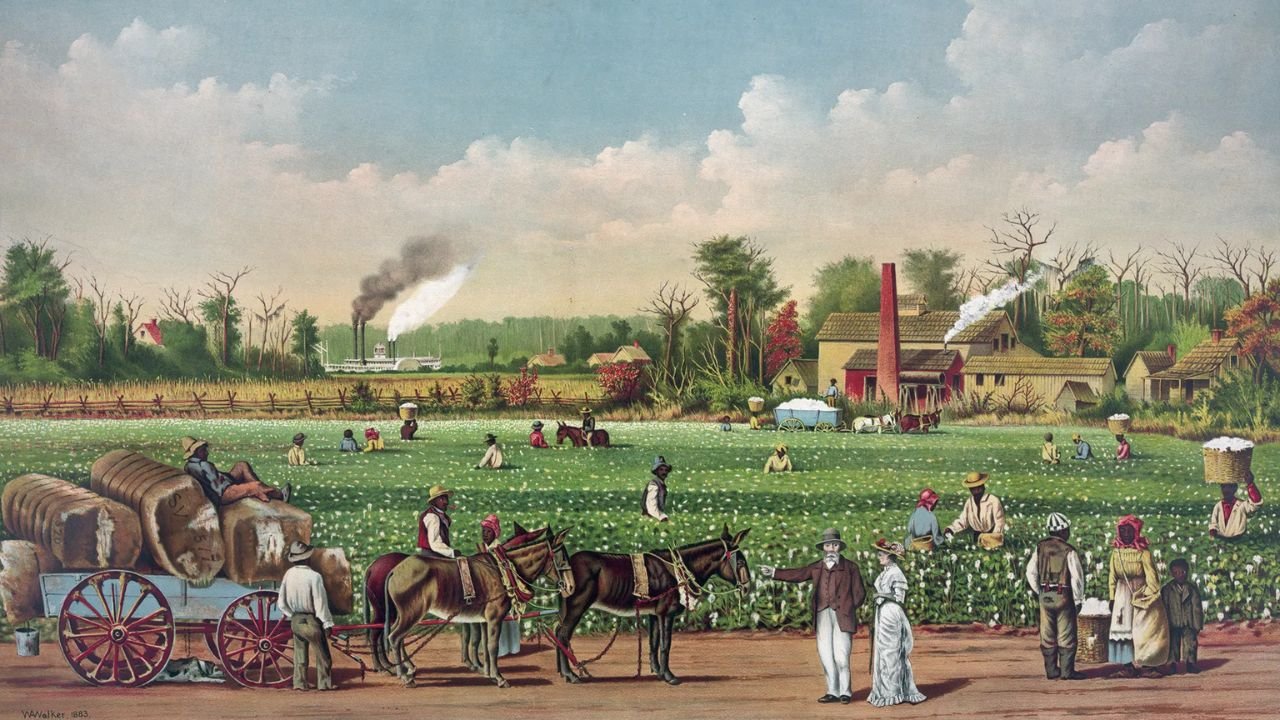The concept of time travel has captivated human imagination for generations. From novels like H.G. Wells’ The Time Machine to modern-day films like Interstellar, the idea of moving through time, witnessing historical events, and glimpsing the future, resonates deeply with history buffs and curious minds alike. Within this context, our focus keyword, “2023-1954,” sets the stage for an intriguing exploration of time. This blog will dissect the allure of time travel, examine historical and futuristic elements of 2023 and 1954, and unravel the scientific and philosophical implications of traversing time.
The Time Travel Conundrum
Time travel, as portrayed in popular culture, offers a plethora of interpretations, each with unique challenges and paradoxes. From the grandfather paradox to the possibilities of alternate timelines in a multiverse, fiction often blurs with scientific theory. In movies like Back to the Future, audiences are immersed in a world where minor changes in the past can significantly alter the future. Conversely, some theories propose that time loops or fixed timelines render history immutable. The complexities associated with time travel maintain its enigmatic allure, leaving us pondering its feasibility.
2023 A Glimpse into the Future
The year 2023 stands on the brink of transformative technological advancements and societal changes. Current predictions suggest the heightened integration of artificial intelligence into everyday life, revolutionizing everything from healthcare to transportation. With global initiatives focused on sustainability, renewable energy sources may become central to daily life, altering both urban landscapes and rural environments. In addition, 2023 could witness unprecedented developments in space exploration, heralding a new era in humanity’s quest to reach the stars.
1954 A Step Back in Time
The year 1954 was pivotal in shaping contemporary society, characterized by significant historical events and cultural shifts. The post-war boom fueled economic prosperity, leading to technological progress and improved living standards. Socially, 1954 marked the emergence of the civil rights movement in the United States, as illustrated by the groundbreaking Brown v. Board of Education decision. Pop culture flourished, with rock ‘n’ roll captivating audiences and television becoming a household staple. Such trends helped forge a cultural identity still resonant today.
The Hypothetical Journey from 2023-1954
Imagine embarking on a hypothetical time travel experience from 2023-1954. Preparation for such an adventure would involve understanding the temporal and cultural landscape of the past, while ensuring minimal interference with historical events. The experience might unfold with awe and nostalgia as travelers witness firsthand the technological contrasts and cultural vibrancy of the 1950s. Yet, time travel holds potential consequences for both the individual and the visited timeline, raising questions about identity, responsibility, and the fabric of reality itself.
Real-World Implications and Scientific Perspectives
While time travel remains elusive, scientific and philosophical considerations offer intriguing possibilities. Current theories, such as time dilation and wormholes, suggest pathways through which time travel could be feasible. Theories of a multiverse further complicate the narrative, proposing alternate realities where different versions of events coexist. However, many scientists maintain skepticism, highlighting the vast technological and theoretical hurdles that must be overcome before time travel becomes a reality.
The Allure of Time Travel in Popular Culture
Time travel continues to captivate audiences across literature, movies, and TV shows. Works like Doctor Who and The Time Traveler’s Wife explore the ethical and emotional dimensions of temporal displacement, weaving compelling narratives that resonate with audiences. Time travel stories often serve as allegories for human desires—be it the pursuit of knowledge, the longing for a better future, or the yearning to rectify past mistakes. The enduring appeal of these tales lies in their ability to spark curiosity, reflection, and hope.
You May Also Like: Incidentalseventy Unveiled Discover Its Mysterious Origins
Conclusion
The fascination with time travel, as encapsulated in the keyword “2023-1954,” underscores our intrinsic curiosity about the past and future. While scientific advancements continue to push boundaries, time travel remains an enigma, hovering at the intersection of imagination and possibility. For history buffs, time travel enthusiasts, and curious minds, the allure of traversing time offers boundless opportunities for exploration and discovery. As we ponder these possibilities, our understanding of time, space, and our place in the universe continues to evolve.
FAQs
Is time travel scientifically possible?
Currently, time travel is a theoretical concept. While certain scientific principles like time dilation and wormholes suggest potential pathways, we are far from realizing practical time travel.
What are the ethics of time travel?
Time travel raises ethical questions about altering history, impacting future generations, and handling the potential consequences of changing events.
How do movies and books depict time travel?
Time travel is often portrayed as a means to explore alternate realities, fix past mistakes, or experience historical events firsthand. Scientific accuracy varies across portrayals.
What are some famous time travel stories?
Popular time travel narratives include Back to the Future, The Time Machine, Doctor Who, and Steins;Gate, each offering unique interpretations of the concept.
How does time travel impact our understanding of history?
Time travel invites us to reassess historical events, consider alternate outcomes, and gain deeper insights into societal changes over time.











